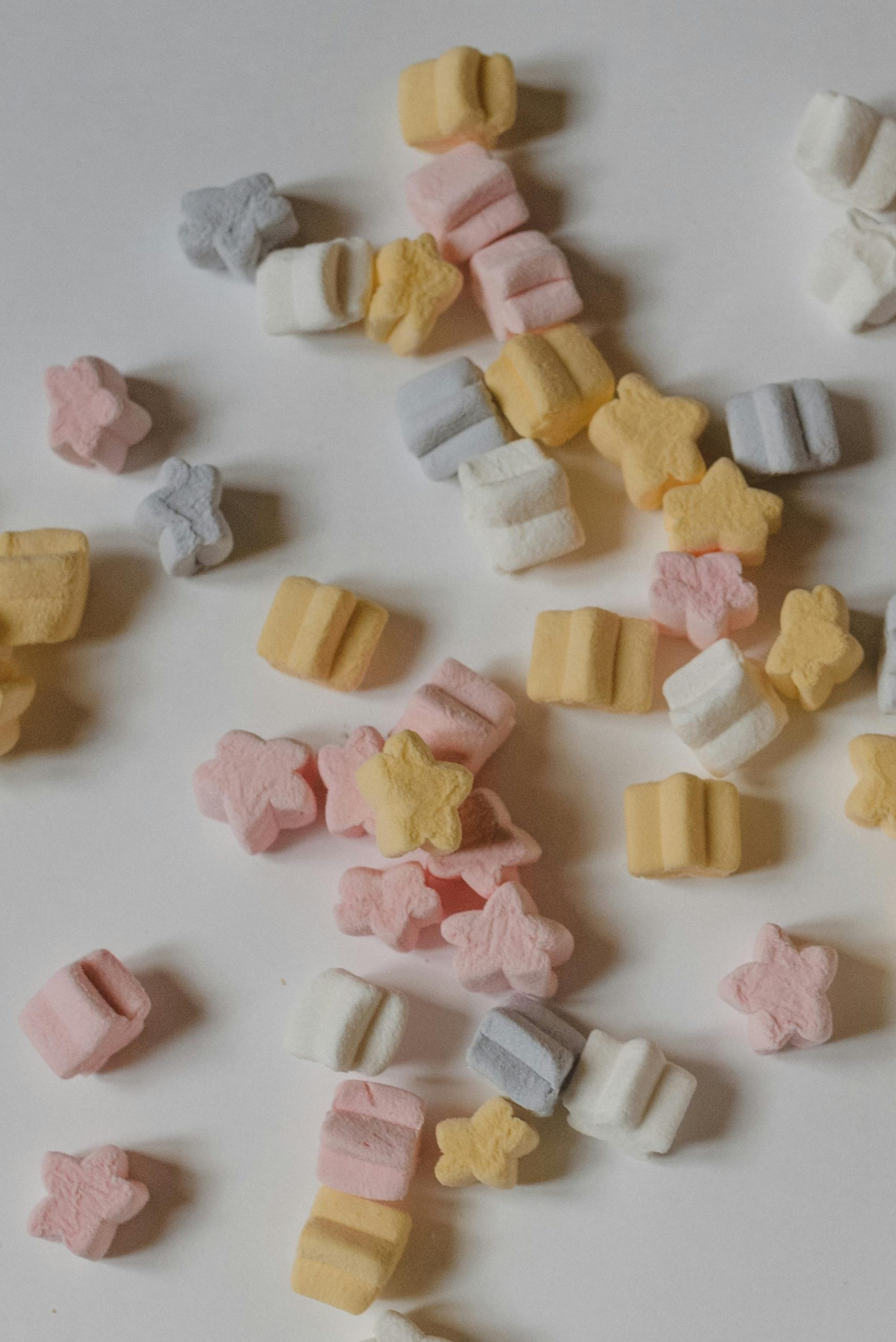How to Tackle a Sticky Keyboard After a Sweet Mishap
We’ve all been there: a moment of distraction, and suddenly, you find yourself staring at a sticky keyboard after accidentally spilling sugary liquid on it. If you’re facing this situation, don’t panic—there are ways to address it, though caution is key!
Assessing the Situation
If your keyboard is now partially sticky, the first step is to evaluate the extent of the damage. It’s important to act quickly to prevent any further issues. In your case, it sounds like you’ve tried the DIY approach of removing the keycaps, which can be a tricky endeavor.
The Keycap Challenge
Removing keycaps can certainly be a gamble—especially when they refuse to budge. If you find yourself struggling, it’s essential to be cautious to avoid damaging the delicate plastic components. It’s a good sign that the keys still function, but forcing them out can lead to unwanted breakage.
Clean-Up Strategies
If you’re considering pouring isopropyl alcohol or another type of cleaner into the keyboard, it’s best to rethink that approach. While isopropyl alcohol can effectively remove sticky residues, pouring it directly into the keyboard may cause additional damage or lead to components short-circuiting.
Instead, here’s a better plan of action:
-
Unplug and Power Down: First and foremost, ensure your laptop is powered down and unplugged from any electrical outlet. Safety is paramount!
-
Use a Soft Cloth: Dampen a microfiber cloth with isopropyl alcohol—not too wet, just slightly damp—to gently wipe down the keyboard surface. Make sure to avoid allowing any liquid to seep into the keys.
-
Compressed Air: Utilize a can of compressed air to blow away any remaining sugar particles or debris that may have settled beneath the keys.
-
Let it Dry: Allow ample time for everything to dry properly before powering your device back up.
When to Seek Professional Help
If the stickiness persists or if you’re apprehensive about cleaning it yourself, don’t hesitate to reach out to a professional. Sometimes, enlisting expert help can save you time, effort, and the hassle of potential DIY disasters.
In conclusion, while dealing with a sticky keyboard can be frustrating, taking the right steps can help you get back to enjoying your device in no time. Stay calm, be patient with your cleaning efforts, and always prioritize your electronic equipment’s safety. Happy
Share this content:




Hi there,
It sounds like you’ve taken the right initial steps by carefully removing the keycaps and attempting to clean the affected area. Given the sugary spill, residual sticky residues can be challenging to fully remove, especially if some liquid seeped underneath the keys.
Here are some additional tips to help you resolve this issue:
If, after cleaning